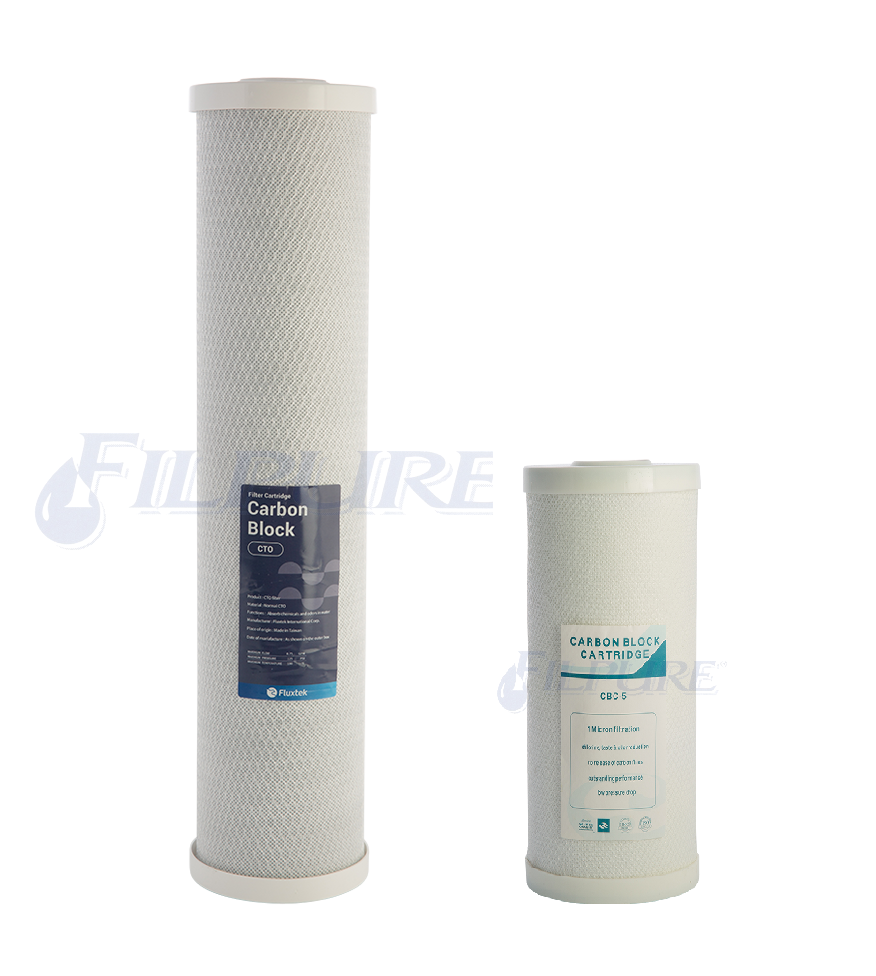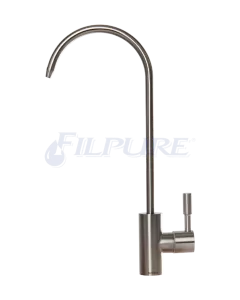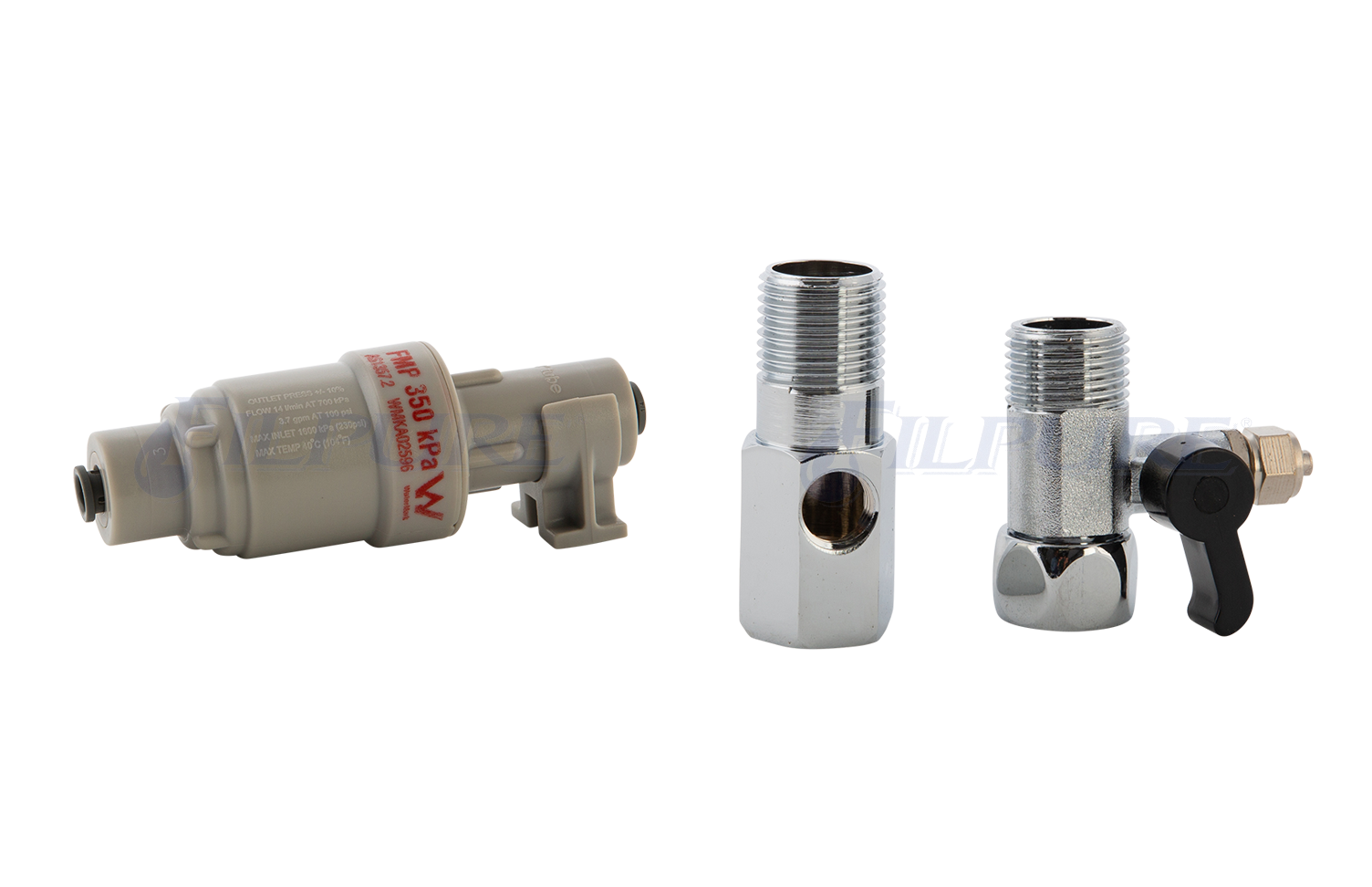Do Shower Water Filters Help Save Water? Benefits, Efficiency & Water Conservation
If you’re looking for ways to save water, you might be wondering whether a shower water filter makes any difference. While these filters are primarily used to improve water quality, they can also help you use water more efficiently. But do they actually reduce water consumption?
The simple answer is that while shower filters don’t physically restrict water flow like low-flow showerheads, they can indirectly contribute to water savings. By preventing limescale buildup, improving soap efficiency, and reducing the need for longer showers, they help cut down on unnecessary water usage. Let’s dive deeper into how this works and whether installing one could help you conserve more water at home.
Do Shower Water Filters Really Save Water?
Shower filters don’t lower the amount of water flowing from your showerhead, but they play a key role in efficiency. One of the biggest ways they contribute to water conservation is by keeping your shower system functioning properly.

Hard water deposits, known as limescale, tend to build up inside pipes and showerheads. Over time, this can reduce water pressure, making showers feel weak and inefficient. Many people unknowingly compensate by running the water longer, increasing their overall consumption. A filter helps by removing the minerals that cause scaling, keeping your shower pressure consistent and effective.
Additionally, unfiltered water can make it harder for soap and shampoo to lather properly. If you’ve ever noticed that your shampoo doesn’t foam up as much as you’d like, hard water could be the reason. As a result, people tend to use more shampoo and spend extra time rinsing, which leads to more water usage. A shower filter improves water quality, allowing soaps and shampoos to work better, helping you rinse off faster and use less water overall.
Another factor to consider is the impact of chlorine and other chemicals on skin and hair. Many people with sensitive skin take longer showers, hoping to soothe irritation caused by harsh water. By removing these irritants, a shower filter can make your skin feel better with less exposure, naturally leading to shorter showers.
How Do Shower Filters Work & What’s Their Role in Water Flow?
Shower filters are designed to remove impurities such as chlorine, heavy metals, and sediments from your water. Unlike low-flow showerheads, they don’t directly limit the volume of water coming through, but they do ensure that the water you use is cleaner and more effective.
There are different types of shower filters, each with its own method of purification. Activated carbon filters, for instance, are excellent at absorbing chlorine and organic contaminants, while KDF (Kinetic Degradation Fluxion) filters remove heavy metals like lead and mercury. Vitamin C filters are also popular, as they help neutralize chlorine and chloramines, which can be particularly harsh on hair and skin.
Related: Benefits Of Shower Water Filters
A well-maintained filter won’t impact water pressure significantly. However, an old or clogged filter can reduce the flow, unintentionally lowering water consumption. This is why regular filter replacement is essential, not only for better water quality but also for maintaining consistent water usage.
Can a Shower Filter Help You Use Water More Efficiently?
As already mentioned many times above, while a shower filter won’t physically cut the amount of water you use, it helps make every drop more effective. Because filtered water allows for better lathering and faster rinsing, you spend less time under the shower, ultimately using less water.
Many people also find that cleaner water reduces the need for deep conditioning treatments, extra rinses, or repeat washes. If your hair or skin feels better after one wash, you won’t need to stand under the shower for an extended period.
In some cases, people have reported that installing a shower filter naturally led to shorter showers because they no longer had to deal with hard water residue, dry skin, or soap that wouldn’t wash away easily.
What’s the Best Way to Save Water in the Shower?
If your main goal is water conservation, using a shower filter along with a low-flow showerhead is the most effective combination. While the filter ensures high-quality water, a low-flow showerhead physically reduces the amount of water being used without sacrificing water pressure.
Other simple ways to save water in the shower include:
- Taking shorter showers, even by one minute, which can save thousands of gallons per year.
- Fixing leaks, as even a slow drip can waste hundreds of gallons annually.
- Adjusting the temperature quickly instead of letting the water run while waiting for it to warm up.
According to the WaterSense program, switching to a low-flow showerhead alone can help a typical household save over 2,700 gallons of water per year. When paired with a shower filter, this ensures that every drop of water is used efficiently and effectively.
Conclusion:
Shower filters don’t directly reduce water usage, but they contribute to better efficiency. By preventing limescale buildup, improving soap effectiveness, and promoting healthier skin and hair, they help cut down on wasteful habits like excessive rinsing or repeated washes.
For those serious about water conservation, installing a shower filter alongside a water-saving showerhead is the best approach. This combination ensures that you’re not only reducing your overall water consumption but also making sure that every drop of water you use is clean, effective, and beneficial for your skin, hair, and household plumbing.















